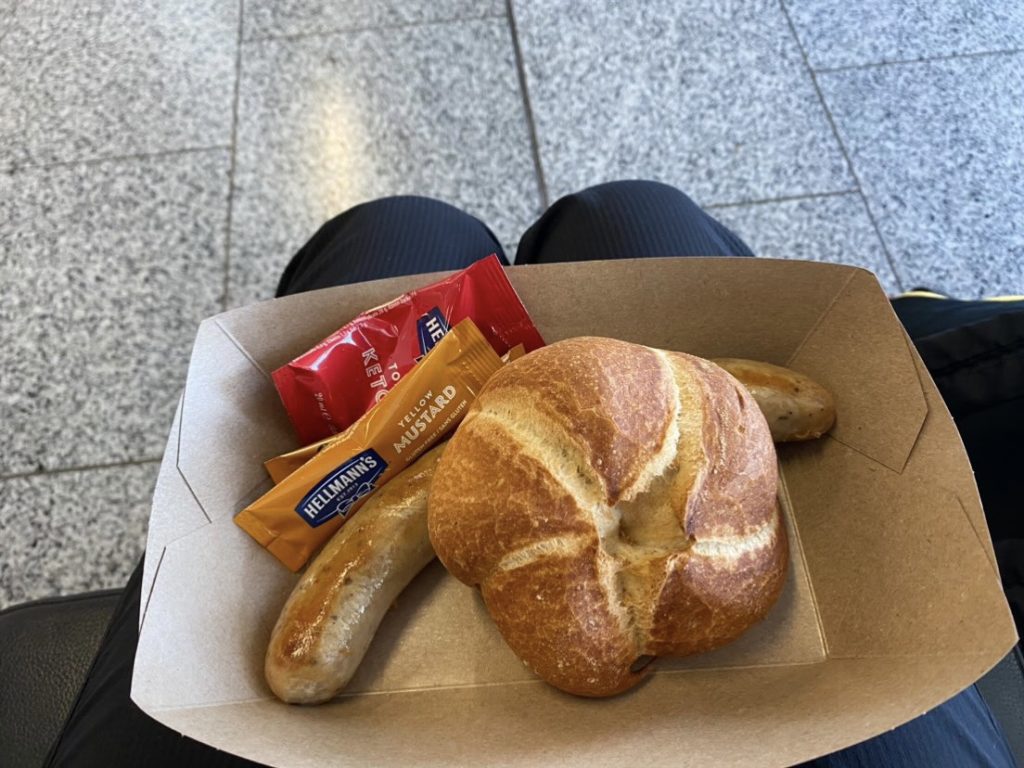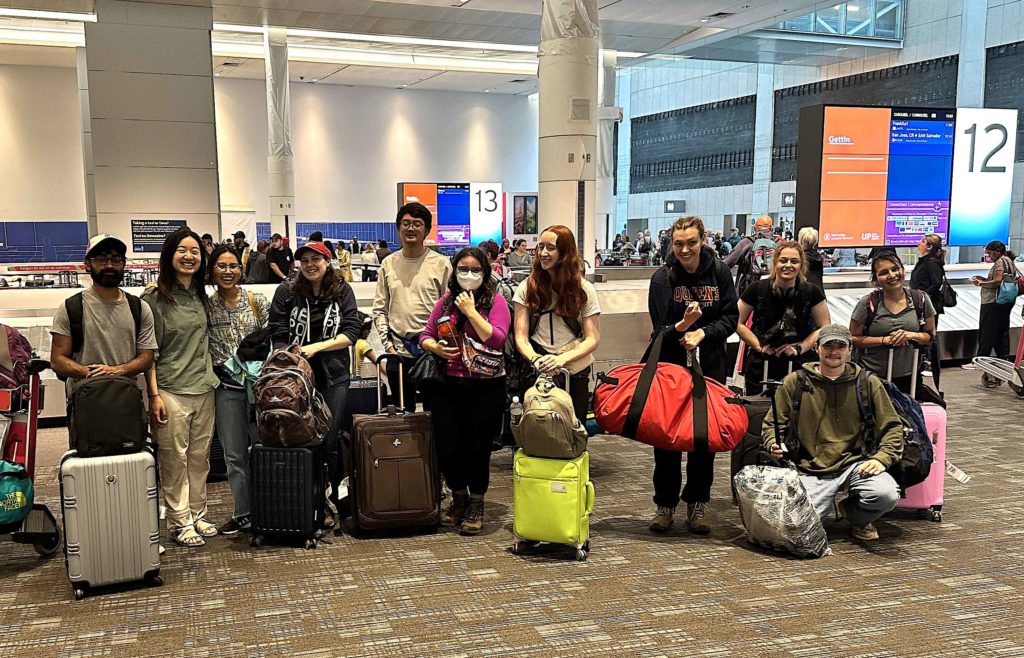Final post: Arjun and Madeleine
And with that, our highly anticipated field course has come to an end. It would be impossible to describe in one blog post how much we learnt and how much of an impact this course had on all of us, so suffice it to say this trip has left us with many new perspectives and much to reflect on. We honed our naturalist skills and deepened our understanding of ecological concepts. Many of us drastically increased the number of birds we can identify and expanded our understanding of tropical ecosystems and biodiversity. This course has also left us with many new friendships, both with each other and with the wonderful team in Kenya. Though we are sad to be leaving such a fantastic place and such lovely people, the memories we’ve created, friendships we’ve made, and experiences we’ve had will stay with us long after this course is over. Thank you to all the friends and family who have been following along with this blog (especially our top commenters, you know who you are)! We hope you’ve enjoyed reading about our adventures as much as we’ve enjoyed adventuring.
Our long flights gave us the opportunity to catch up on sleep and our field notebooks, and discuss topics for our final essays. During our layover in Frankfurt, Germany, we enjoyed some classic German treats, like bratwurst, pretzels, and beer. Allen even sported pretzel-themed socks for the occasion! We have now landed safely in Toronto, and are looking forward to returning home to our beds.
We think we can speak for all the students when we say a wholehearted thank you to our wonderful instructors, Steve, Yuxiang, and Carol for their insightful lectures, engaging activities, and for all the hard work they put in to make this field course happen. Their extensive knowledge of the content and obvious passion for Kenya, ecology, and conservation issues shone through and made this course the formative and eye-opening experience it was. A huge thank you also to Mukhtar, John, John, and Chenze for the all the work on the logistical side, the amazing food, driving for 10+ hours some days to get us to our destinations safely, and for making the trip run smoothly. Field courses are no small feat to plan and teach, and we are grateful for all the effort and dedication that everyone put in to making this trip a success. A huge asante (thank you) to everyone involved!

A Frankfurt bldunch en route from Nairobi to Toronto

Back at Pearson – bags in hand.
Yes, I enjoyed reading about your adventures almost as much as you enjoyed having them!
I am sure that I can’t even imagine how much planning and care goes into offering a course like this. I was lucky enough to go on a field course when I was a student at Queen’s (nothing quite as exciting as Kenya, but to the Canadian Arctic) and that made a huge impact on my decision to go to graduate school. It is so important that these opportunities are offered, as they can have a lifelong impact on those who participate.
Thanks to all involved!! I enjoyed my vicarious journey.
Thanks for following along! I think field courses are among the most transformative and formative experiences in university. They are indeed challenging to organize and stressful to run, but I think ultimately can be among the most relevant and engaging activities a professor can undertake = Steve